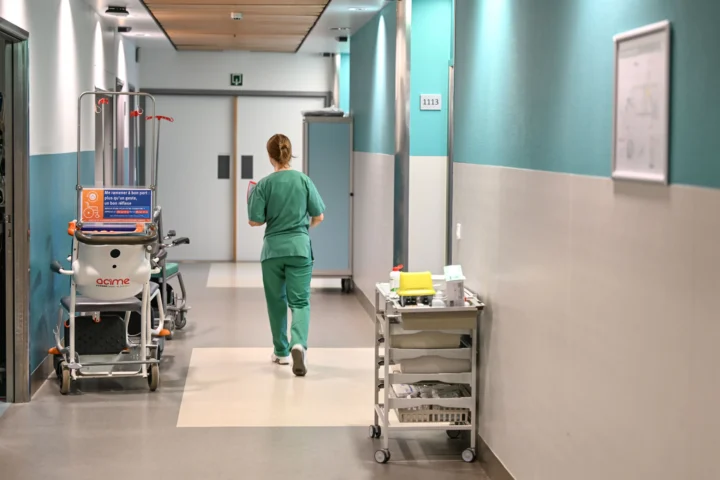The Flemish government aims to ensure that all people with disabilities can access care services by the end of its current legislative term. To reach that goal, it plans to expand directly accessible support, Welfare minister Caroline Gennez announced on Monday.
The region had already committed to increasing its annual budget for disability support. Funding will rise from 102 million euros in 2025 to 478 million euros by 2029. The government has now outlined how those funds will be used to overhaul the existing system.
Currently, many individuals must wait years to receive a person-centred budget – funding that allows them to pay for the care they need. Only those in the most urgent situations receive assistance almost immediately.
To reduce those waiting times, the government will invest in services that do not require formal certification or intervention from the Flemish Agency for Persons with Disabilities (VAPH). These may include in-home assistance, day care, group support, or training in specific life skills.
Those who do receive a person-centred budget will be given clearer guidelines on what the funds can be used for. In addition, to ease the transition to adulthood, minors will also be shifted into the system of personal budgets.
Significant reforms
“This reform will ensure that thousands more people receive care during this legislature,” minister Gennez said at a press conference on Monday.
Implementing the plan required significant changes to systems developed over the past two decades. “We made things rather complicated in the past,” said Flemish minister-president Matthias Diependaele. “Now we’re making it easier for people to apply for support.”
The changes also aim to ease pressure on the courts. Because of the long waiting times, roughly 18,000 people have attempted to claim their person-centred budgets through legal channels in recent years.










